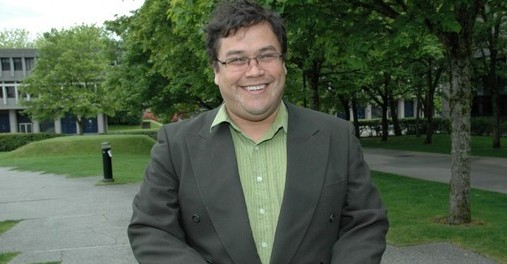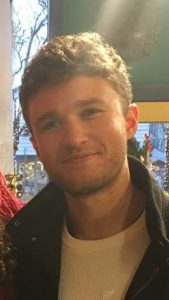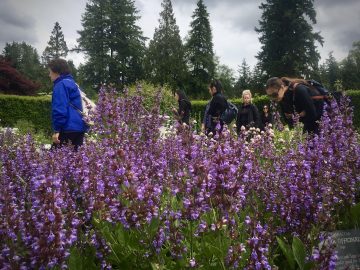IRES Seminar Series
Time: 12:30pm to 1:30pm (every Thursday)
Location: AERL Theatre (room 120), 2202 Main Mall
*********************************************************************************
Theories of “the land,” political consciousness, citizenship, and their implications for conducting research with urban Indigenous peoples.
Abstract:
Research on urban Indigenous peoples is burgeoning field encompassing a wide spectrum of theoretical perspectives. These social theories contain descriptive and normative components about the “natural” world, urban communities, and consciousness. As such, this presentation will critically engage with theories of political consciousness (ranging from Indigenous ontological to contractarian) to understand their claims about how the world operates causally. This presentation will demonstrate that the descriptive components of each theory of political consciousness is laden with dualist assumptions which impact the normative components of their theories. This presentation will also demonstrate that these theories contain key theoretical insights which demonstrate that the human social world is complex, dynamic, and subject to power relations. This presentation will conclude by using insights from these theories of political consciousness to develop an analytic framework – which I call traditional differentiation – for conducting research with urban Indigenous peoples.
*** VIEW SEMINAR HERE.
Johnnie Manson

Bio:
Johnnie Manson is a member of the Tla-o-qui-aht First Nation. His current research is interested in urban Indigenous people, conceptualizations of nature, and conceptualizations of citizenship. Johnnie Manson is also a poet whose poetry has been published in numerous literary journals.
******************************************************************************************
Understanding Carsharing Demand: a lifestyle choice or an economic necessity?
Abstract:
Carsharing memberships have increased rapidly in the past decade. Municipal governments have supported this through various accommodations in the belief that they help address their key challenges related to mobility: e.g., reducing car ownership, VKT and GHG emissions. Here we provide findings from a 2017 survey providing further differentiation between one-way and two-way carsharing members in Vancouver, BC. One-way members take more than three times as many trips by private vehicle and twice as many trips by car share vehicle as two-way members, who inturn make more weekly trips walking and biking. Reported motivations for car share use correspond with these travel patterns. Two-way members preferentially view car-sharing as a way to live efficiently, save money, be environmentally friendly, and reduce their dependence on car ownership.
*** VIEW SEMINAR HERE.
Rainer Lempert

Bio:
Rainer is an MSc student at IRES under the supervision of Dr. Hadi Dowlatabadi. He studies sustainable transportation, using a data driven approach to determine policy or business innovations that result in positive social and environmental impacts. Rainer graduated from Amherst College in 2015 with a BA in Geology and Mathematics. He then spent two years working in Boston for an environmental consulting company. His experience in the consulting industry, which involved enacting solutions for predetermined policies, influenced his desire to do work that helps shapes policy.

Photo Credit: Graham McDowell, IRES PhD Candidate